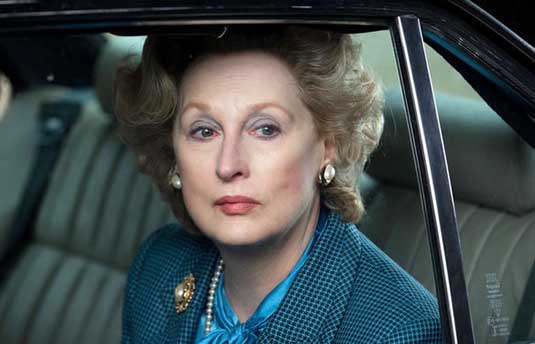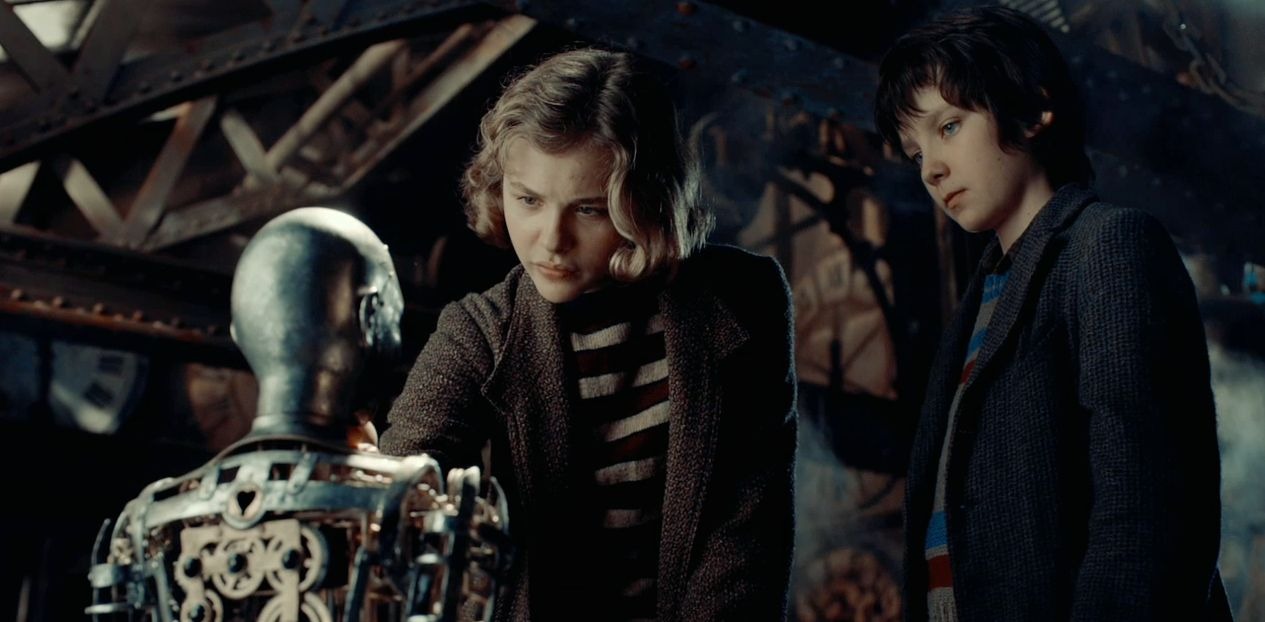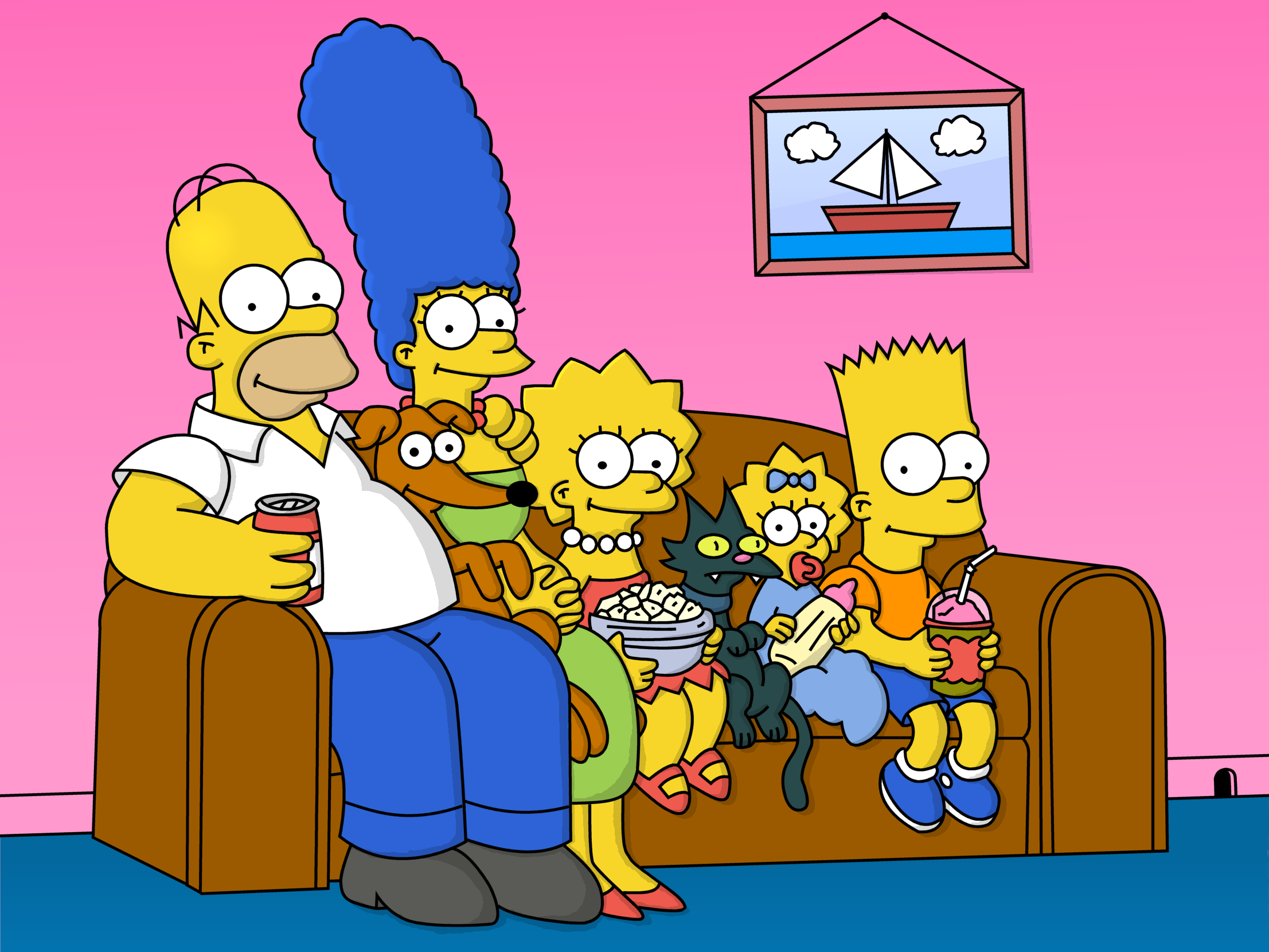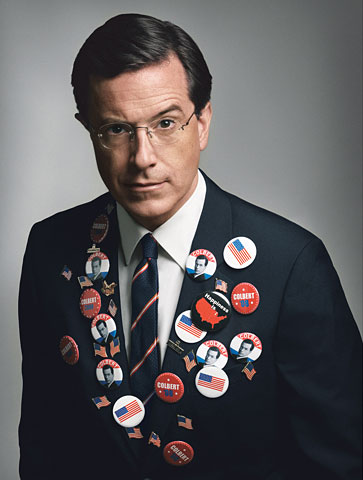I just read Brian Kellow's
Pauline Kael: A Life In The Dark. You wouldn't think too many film critics deserve a full-length biography, but Kael was the preeminent voice of the past fifty years. She was widely read, highly influential and almost as big as the movies she reviewed.
Still, such a biography raises certain problems. As the title notes, much of her life was spent in the dark, watching movies, and even more spent in a room writing down her thoughts on these movies. Kellow deals with this problem by concentrating on her reviews, not on what she did otherwise. So the first 100 pages has conventional biographical material--raised in the West, failed in New York, had a baby out of wedlock, ran a successful revival house in Berkeley, started publishing articles on movies--but once she gets her roost at
The New Yorker, the rest is mostly a recital of her views on various films.
Some would see this as a failing, but really it's as it should be. Her life became about her reviews. And anyone who's read her will recall the many famous raves and pans that had everybody talking. Films like
Hud, The Group, Bonnie And Clyde, Last Tango In Paris, Nashville, Invasion Of The Body Snatchers, The Warriors, Rich And Famous, Shoah, Casualties Of War and so many others will bring back memories not only of what she wrote about, but how others reacted.
Not that she didn't have a life, but it revolved around seeing movies. She lived with her daughter Gina and didn't seem to have romantic relationships with men once she was a full-time critic (which was late in life--she didn't make a living at it until she was hired at
The New Yorker when she was almost 50). She got to know many filmmakers--some would say too well, often dining and drinking with them. And many others in the industry would write her, sometimes congratulating her on her perception, but just as often condemning her for nastiness or misinterpretation. And almost from the start she was involved in feuds, for want of a better word. In the early 60s she published a well-considered attack on auteurists,
"Circles And Squares," and became the nemesis of
Village Voice critic Andrew Sarris. They were the two poles of American film criticism for the next generation. She also published a book in the early 70s questioning Orson Welles' contribution to
Citizen Kane which created a lot of anger, especially from Peter Bogdanovich, who published a point-by-point refutation. Then there was Renata Adler's lengthy piece in
The New York Review Of Books in 1980 where she called Kael's latest collection of reviews worthless, and took Kael to task for both her taste and writing style.
Adler made some good points. Kael was a smart, lively writer but she had serious flaws, some of which only worsened through time. She was vulgar, regularly included audience reaction in her reviews (or actually, what Kael claimed the audience was feeling) and was hyperbolic, looking to puff up what she liked into the "best" this or that. She also seemed to play favorites, picking certain actors or directors--say, Altman, De Palma, Streisand, Travolta--and praising them to the skies, while others were on her hit list. (Not that she couldn't change her mind--many of her favorites would eventually let her down, and occasionally she'd say something nice about old enemies.)
In the late 70s, Warren Beatty offered her a job in Hollywood as a producer. She took it, though many warned Kael he was playing her. She was 60 and maybe figured it'd be nice to make really big money, and also to try something different. But after half a year in Los Angeles, beating her head against the wall (and often against executive Don Simpson, who saw to it nothing she recommended got produced), she beat a hasty retreat to
The New Yorker (though it took some convincing to get editor William Shawn to take her back).
Though she was back, things were never the same, even as she took sole proprietorship of "The Current Cinema" for the magazine (she'd previously split the year with Shawn favorite Penelope Gilliatt). Her later reviews sometimes seem more tired, and her position less influential. Some of this may have to do with the times--when she started, it was a period where American filmmaking was going into all sorts of new and different areas, and these films inspired her best work. By the 1980s, Hollywood was firmly in the grip of blockbuster mania (partly thanks to executives like Simpson) and not only were quirky, exciting films rarer, they were also less likely to hit it big.
She was getting tired of the job (and also was diagnosed with Parkinson's) and eventually quit in 1991, but not before remaking film criticism. And not just through her writing. She gathered many acolytes--known as the Paulettes--whom she'd encourage in their careers, often into criticism. To this day, many top essayists at major magazines started as Paulettes. She also dropped many along the way. You didn't always have to agree with her, but you generally had to defer to her.
I liked how Kellow generally avoids putting in his own opinions of the films in question--there are already enough opinions floating around. He does a good job placing Kael in her time, and showing some of the behind-the-scenes stories of her most celebrated work. I don't know if Kael will be remembered as well as the films she wrote about, but at the very least those who follow cinema will remember her for being at the center of a time when films seemed to be at the center of the world.
PS One mysterious flaw in the book. Pauline Kael
is famous for claiming she was surprised Nixon won the election in 1972 since everbody she knew didn't vote for them. This is supposed to show the insularity and cluelessness of the Eastern intellectual elite (which is funny in itself since Pauline saw herself as a regular girl from the West who, if anything, resented the Eastern intellectual world). But another version of the story has a fuller quote where Kael is laughing at herself and her insularity, saying she recognizes how small her world is in some ways in that she only knew people who didn't vote for Nixon.
I figured if Kellow did one thing, he'd clear up which version is true. But he actually tells both versions, and at different points in the book. I suppose they could both have happened, but I'd wish he'd been more clear about that.











_01.jpg)











